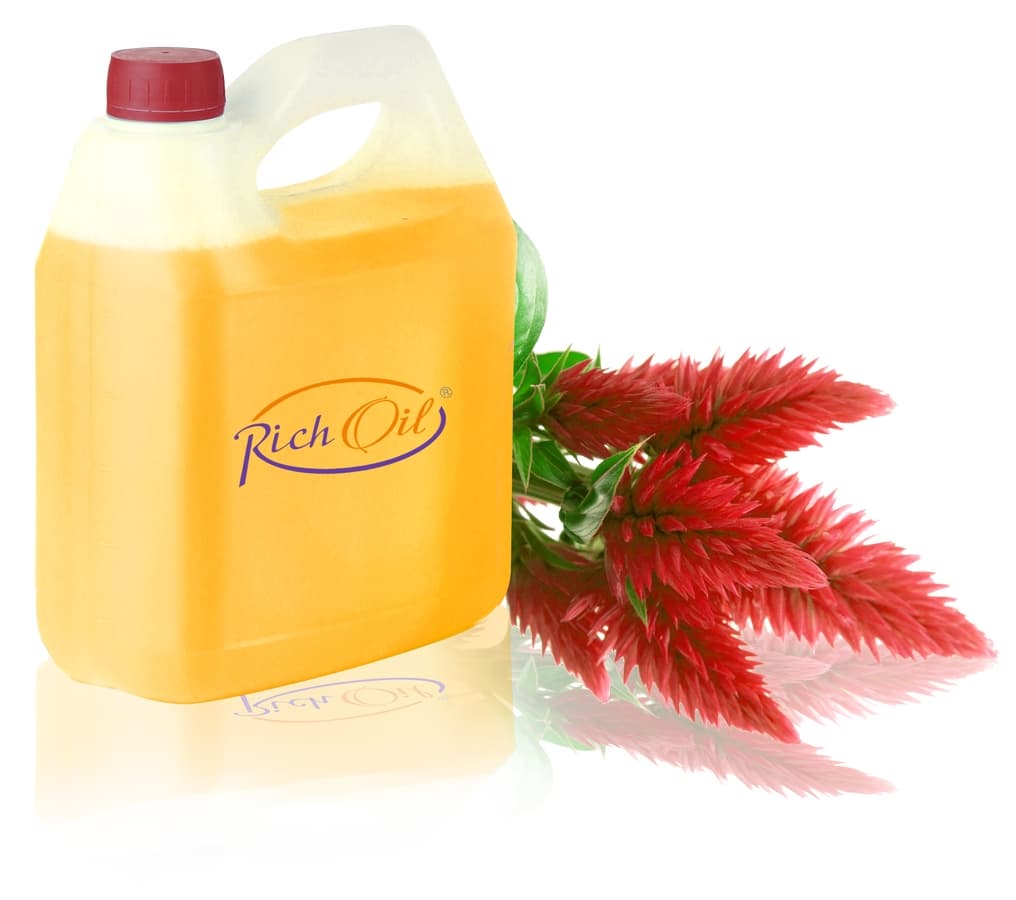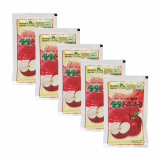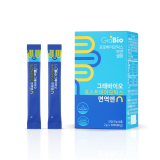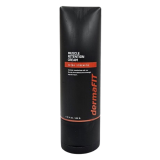Amaranth oil. Divine gift of immortality
The word Amaranth is translated from Greek as Unfading Flower. Indeed, its flower clusters never fade, so it is not surprising that amaranth became a symbol of immortality in Greece, cradle of European civilisation.
However, amaranth is known throughout the world not only for this amazing property. Its unique healing and flavour properties were familiar to the Indians of Mesoamerica. They used to bake bread with flour from amaranth seeds. Even newborn babies were fed with amaranth derived products. In addition, the Incas and the Aztecs used amaranth in medicine and sacred rituals.
Amaranth oil has a unique composition. Its component, vitamin E, is found in amaranth oil in a very rare tocotrienol form, which makes its antioxidant properties 40-50 times higher than in the tocopherol form of the same vitamin. Even if you use a small amount of amaranth oil, you can reduce the risk of cancer and at the same time avoid vitamin E overdose. Furthermore, vitamin E reduces the risk of clotting, increases vessel walls elasticity and normalizes cholesterol levels. Another unique element that is contained in amaranth oil is squalene. It carries oxygen to deep tissue layers and saturates cells, which results in an increased skin ability to resist adverse environmental factors, quicker regeneration, while skin at the same time looks fresh and radiant. Another valuable feature of squalene is its ability to inhibit malignant tumour growth and improve immunity, reducing the risk of various diseases. Squalene also has wound healing properties. After getting inside the body it starts to activate regeneration, whereby not only external wounds, but also internal wounds are healed.
Provitamin A (β-carotene) is also found in amaranth oil. Its availability in the body stimulates mucous secretion, which prevents mucous membranes of eyes, nose and mouth cavities, larynx, oesophagus, stomach, intestines, lungs and urinary tracts from drying out. However, its deficiency increases the risk of viral diseases.
Phytosterol, which is a part of amaranth oil, promotes cholesterol excretion, reinforces immune system and has anti-tumour properties.
Amarant oil is rich in phospholipids, the main component of which is lecithin, one of the most important substances in the human body since it composes 50% of liver and one third of brain insulation and protective tissues surrounding the brain and spinal cord. Lecithin is a building material of the human body, it transports nutrients, vitamins and drugs to cells. In addition, it is a powerful antioxidant that prevents oncogenesis.
Polyunsaturated fatty acids, such as linoleic and linolenic acids, which are found in amaranth oil, lower cholesterol level, normalise blood pressure, prevent plaques on blood vessel walls, have anti-tumour and anti-aging effect.
Amaranth oil also contains such trace elements: calcium (is involved in muscle and neural reactions, blood clotting, has antiallergenic and anti-inflammatory effect, promotes heavy metal salts and radionuclides excretion, is necessary for normal bone shaping, hair, nails, teeth and dental enamel strengthening), iron (participates in haematopoiesis and intracellular metabolism, is necessary for haemoglobin formation, normalizes functioning of the thyroid gland, prevents anaemia), phosphorus (is needed for normal kidney functioning, improves metabolism, reduces pain in arthritis , participates in nervous system regulation).



































 Ukraine
Ukraine







